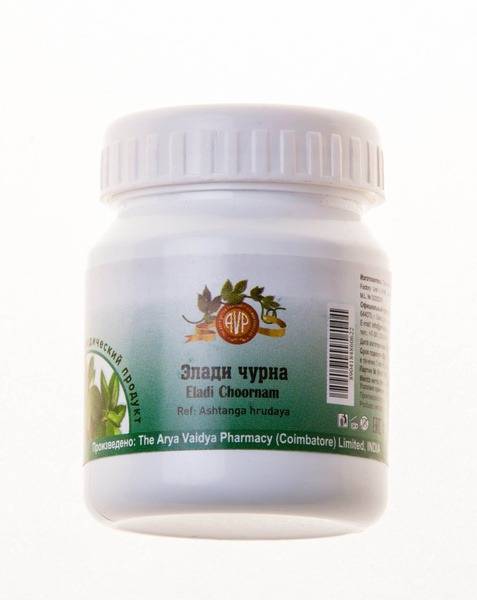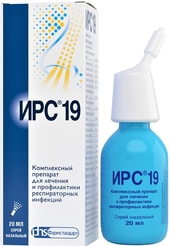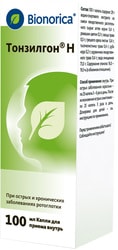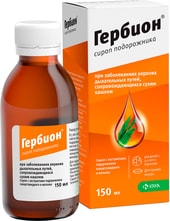
Eladi Choornam is a time-honored Ayurvedic herbal powder, its formulation dating back to ancient Ayurvedic texts like Ashtanga Hrudaya. This potent blend features cardamom (Elaichi) as a key ingredient, a spice known for its therapeutic properties. Cardamom, a perennial tropical plant from the ginger family, contributes to the powder's remarkable effects.
Primarily known for its effectiveness in treating common respiratory ailments, Eladi Choornam possesses mucolytic properties that help thin bronchial secretions, easing expectoration. It also supports healthy digestion and appetite.
In Ayurvedic medicine, Eladi Choornam is believed to balance Kapha and Vata doshas in the oral cavity, stomach, and intestines. However, excessive consumption may aggravate Pitta, potentially leading to stomach irritation, burning sensations, and skin redness.
Traditionally, Eladi Choornam in India is used to address a variety of health concerns, including:
Further traditional uses include:
The recommended dosage varies and should be determined by an Ayurvedic practitioner. Typically, 3-6 grams are taken once daily after meals with honey, unrefined sugar, or water. Alternatively, 1-3 grams can be taken 2-3 times daily after meals. If Pitta dosha symptoms arise, reduce the dosage to 1-3 grams 2-3 times daily after meals.
Apply a small amount of powder mixed with water or Kumkumadi oil to affected skin areas at night. Allow it to dry before rinsing with warm water. Regular use may help reduce blemishes and pigmentation.
Individuals with gastritis or peptic ulcers may experience heartburn or burning sensations. Children and pregnant women should consult an Ayurvedic physician before use.
Cardamom (Elatteria cardamomum), Black cardamom (Amomum subulatum), Liquidambar orientalis, Costus (Saussurea lappa), Holoptelia integrifolia, Jatamansi (Nardostachys jatamansi), Plectranthus zeylanicus, Actinopteris dichotoma, Lemongrass (Cymbopogon citratus), Kaempferia galanga, Ceylon cinnamon (Cinnamomum zeylanicum), Malabar cinnamon (Cinnamomum tamala), Indian valerian (Valeriana wallichii), Nutmeg (Myristica fragrans), Pearl oyster, Himalayan cedar (Cedrus deodara), Capparis horrida, Aquilaria agallocha, Pinus roxburghii, Costus speciosus, Guggul extract (Commiphora mukul), Shorea robusta, Boswellia serrata, Calophyllum inophyllum, Mesua ferrea.
Note: This information is for educational purposes only and is not intended as a substitute for professional medical advice. Always consult with a qualified healthcare provider before starting any new treatment.





